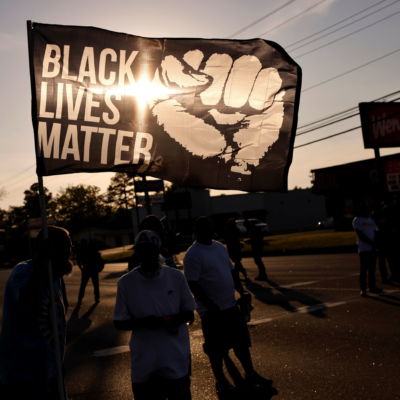UN Official Condemns Israeli Conduct in Gaza

Fletcher underscored the sheer scale of human suffering, painting a harrowing picture of displacement, hunger, and death/Agencies.
In a trenchant address to the United Nations Security Council on Tuesday afternoon, the UN’s Coordinator for Humanitarian Affairs, Tom Fletcher, issued a blistering critique of Israel’s conduct in Gaza and the wider Palestinian territories—territories he explicitly termed “occupied”.
Fletcher did not mince his words. With a tone oscillating between despair and moral indignation, he questioned how much more bloodshed and devastation the international community required before decisive action would be taken. “What further evidence is necessary,” he asked pointedly, “before world leaders move beyond expressions of concern to meaningful intervention, and before the International Court of Justice recognises this for what it increasingly appears to be—a genocide?”
His remarks come amid intensifying scrutiny of Israel’s military operations, which, according to multiple humanitarian organisations, have led to widespread civilian casualties and the systematic destruction of infrastructure vital to the survival of the Palestinian population. Fletcher underscored the sheer scale of human suffering, painting a harrowing picture of displacement, hunger, and death.
Although the United Nations has, in past weeks, reiterated its calls for restraint and for the protection of civilians, Fletcher’s intervention marked a rhetorical escalation. By invoking the spectre of genocide—a term laden with legal and historical weight—he appeared to challenge not only the conduct of the Israeli state but also the inertia of the global community in responding to it.
Whether Fletcher’s appeal galvanises substantive international action remains to be seen. Yet his speech will likely intensify debate within diplomatic circles and further complicate the already fractious politics of international law and accountability.
In the chamber that afternoon, silence followed his remarks. It was not the silence of agreement, necessarily—but perhaps the momentary hush of a conscience stirred.
Agencies.
















